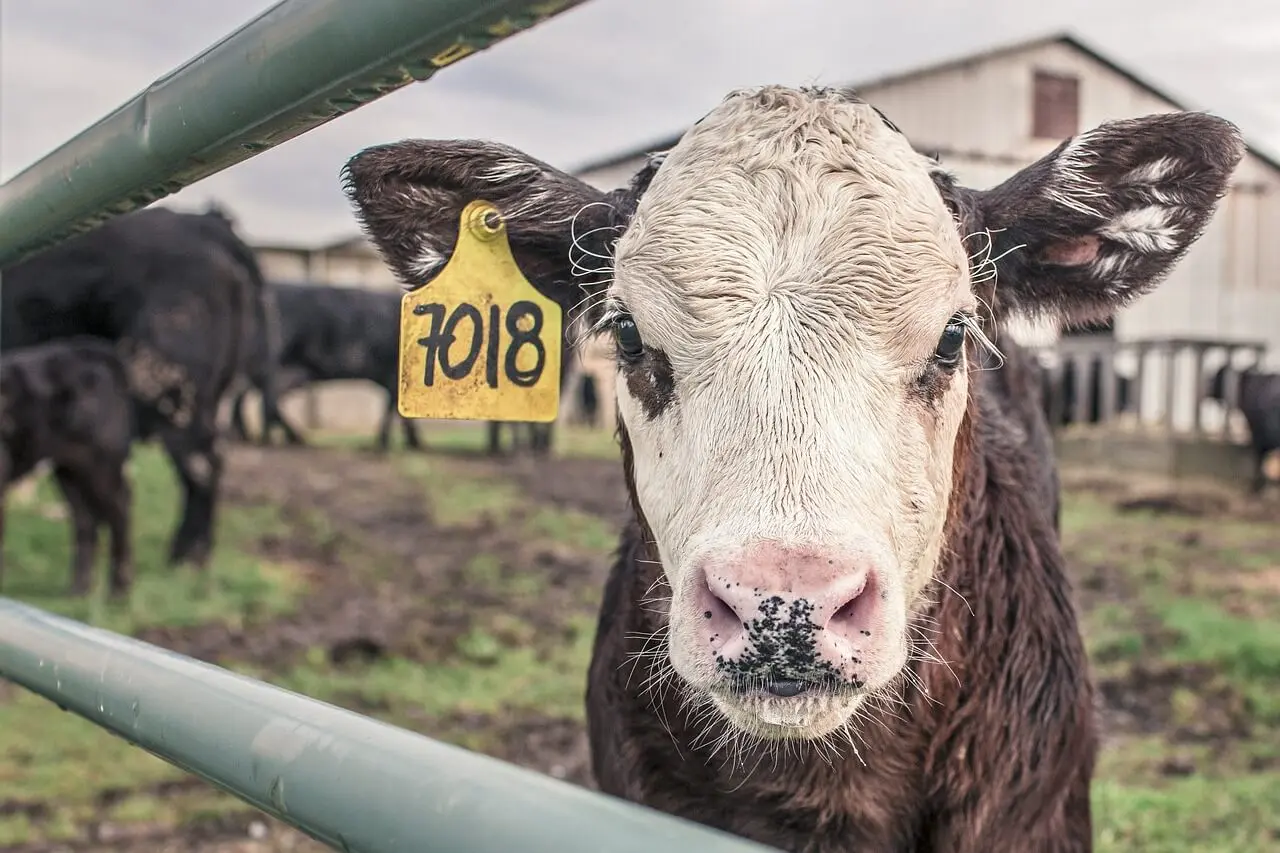Ethical Eating: Characteristics, Principles and Benefits

For many years, taste was one of the determining factors behind food choices. Today, however, more and more consumers are choosing their food based on ethical values, such as animal welfare, social justice or environmental protection. This new approach to food is known as ethical eating and refers to the consideration of economic, social, and environmental impact in the purchase or consumption of food and beverages. Let’s take a closer look.
Principles and motivations of ethical eating
Ethical eating focuses on the moral consequences of their food choices. That’s why they oppose the conventional food production and distribution system, which creates different types of damage at a global level and is perpetuated by large industries.
Environmental care
The food production methods of large industries have generated significant environmental deterioration. For example, industrialized agricultural techniques deliberately use pesticides and artificial fertilizers that eliminate wildlife, destroy the soil, and are unsustainable in the long term.
Industrially produced meat (with intensive animal husbandry) has more environmental impact than any food product, not to mention the mistreatment that these animals (chickens, pigs, and cows) suffer during their existence.
Likewise, the consumption of food derived from other parts of the world has environmental consequences. The transportation of these products affects the planet’s health.

Social justice
Another motivation for ethical eating is the protection and support of agricultural workers. This is because many occupations in the food system are poorly paid, working conditions are poor, and even child exploitation is very common in this sector.
In addition, since the 1980s, policies promoting global free trade have increased the amount of food exported from poorer countries. This negatively affects the food available to their own populations.
However, this is a complex issue, as campaigns to reduce food imports can reduce the income of farmers in poorer countries who depend on exports.
Animal welfare
Many people who practice ethical eating are vegetarians or vegans. They are aware that behind the consumption of meat lies the suffering of animals raised in deplorable conditions.
However, we should not reduce ethical eating to vegan or vegetarian diets. Some people who practice ethical eating choose to consume meat that comes from independent establishments, where the animal’s quality of life is guaranteed.
Healthy eating
Another motivation for ethical eating is the concern about rising levels of obesity and other harmful effects resulting from the consumption of processed foods and additives. In this case, ethical eating advocates for stricter regulation of products or clearer and more honest labeling to reduce the incidence of health problems.
Discover more: What is Sustainable and Ethical fashion and How Can You Implement It?
Characteristics of ethical eating
To better understand this movement, here are its characteristics:
- It advocates local foods, produced at a short distance from where they are consumed. It also prefers the consumption of meat from animals that have not been mistreated.
- This food concept is opposed to the industrial interests of food production and distribution.
- It proposes that food be purchased from organic and local producers. In this way, care for the environment is guaranteed.
- Those who practice ethical food reject any kind of mistreatment. Therefore, they demand guarantees that the animals that reach the market have been well-raised.
- It demands the correct labeling of products, with specifications about their origin and components.
- Ethical food is opposed to imports, especially if they come from far away countries.
Discover more: Why Freedom and Licentiousness Are Two Very Different Things
Benefits of ethical eating
The ethical eating approach not only benefits humans, but also promotes the care and welfare of other animal species and the planet as such.
If we start to be more aware of where our food comes from and the production methods used, we will surely contribute to an improvement that goes beyond the realm of our own health. Our choice will have an impact on inhumane labor practices, animal suffering, and environmental care.

Ethical eating is a controversial topic
It’s important to note that ethical food is a very controversial and debated topic. Especially because many people have used it as a resource to discredit or attack those who continue with conventional purchasing and consumption habits.
For example, it’s very common to find advocates of ethical eating who demonize those who eat meat or those who do not buy their food in organic establishments.
Ideally, whatever the food position we adopt, we should know how to respect the decision of other people. And if we want to discuss the issue, we can do so with openness and assertiveness.
All cited sources were thoroughly reviewed by our team to ensure their quality, reliability, currency, and validity. The bibliography of this article was considered reliable and of academic or scientific accuracy.
- Bajwa U, Sandhu K. Effect of handling and processing on pesticide residues in food- a review. J Food Sci Technol [Internet] 2014 [consultado 9 dic 2021]; 51: 201–220. Disponible en: https://doi.org/10.1007/s13197-011-0499-5
- Mepham B. Food Ethics. Bioethical Inquiry [Internet] 2013 [consultado 9 dic 2021]; 10: 249–251. Disponible en: https://doi.org/10.1007/s11673-013-9432-0
- Pottinger L. Ethical Food Consumption and the City. Geography compass [Internet] 2013 [consultado 9 dic 2021]; 7(9): 659-668. Disponible en: https://onlinelibrary.wiley.com/doi/full/10.1111/gec3.12064
- Schuck-Paim C. Intensive animal farming conditions are a major threat to global health. Animal Sentience [Internet] 2020 [consultado 9 dic 2021]; 30(8). Disponible en: https://www.wellbeingintlstudiesrepository.org/animsent/vol5/iss30/8/
This text is provided for informational purposes only and does not replace consultation with a professional. If in doubt, consult your specialist.








